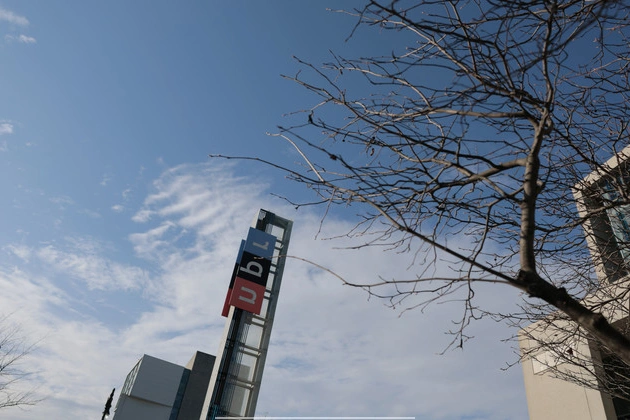
President Donald Trump’s administration has ignited a contentious battle with public media, with allies in Congress rallying behind the cause. NPR’s CEO and President Katherine Maher and PBS’ CEO and President Paula Kerger are slated to testify before the House Oversight Subcommittee on Delivering on Government Efficiency. This hearing, chaired by Rep. Marjorie Taylor Greene (R-Ga.), has gained significance alongside the Federal Communications Commission’s scrutiny of corporate sponsorships by these media outlets.
The Ongoing Struggle for Funding
While the debate over defunding NPR and PBS is not new, the current wave of opposition underscores the president’s intensified conflict with the media during his second term. Trump’s recent comments expressing a desire to defund both NPR and PBS reflect his dissatisfaction with what he perceives as biased reporting.
Media Suppression and Alleged Bias
The administration’s crackdown on media outlets extends beyond public broadcasters, with actions such as excluding the Associated Press from White House events and reviving investigations into television networks. NPR and PBS have been singled out for their alleged left-leaning bias, prompting renewed calls for defunding.
Government Funding Dynamics
Contrary to popular belief, NPR and PBS receive only a fraction of their funding directly from the government. NPR’s national organization, responsible for popular programming, relies on a mere 1% of federal funding. PBS, on the other hand, receives approximately 16% of its funding directly from the government.
Challenges and Future Prospects
The threat of defunding poses a significant risk to the future of public media, especially for smaller local stations heavily dependent on government support. Despite ongoing investigations and political scrutiny, NPR and PBS continue to defend their practices and emphasize the value they provide to diverse audiences.
Industry Response and Congressional Debate
The FCC’s investigation into corporate sponsorships by NPR and PBS member stations has sparked a broader discussion on the role of public media in the media landscape. Lawmakers like Rep. Doris Matsui have defended NPR and PBS as vital sources of fair and informative content, appealing to a wide range of audiences.
As the conflict between Trump’s administration and public media deepens, the future of government funding for NPR and PBS hangs in the balance. The ongoing debate underscores the critical role of public media in providing diverse and inclusive news coverage.











